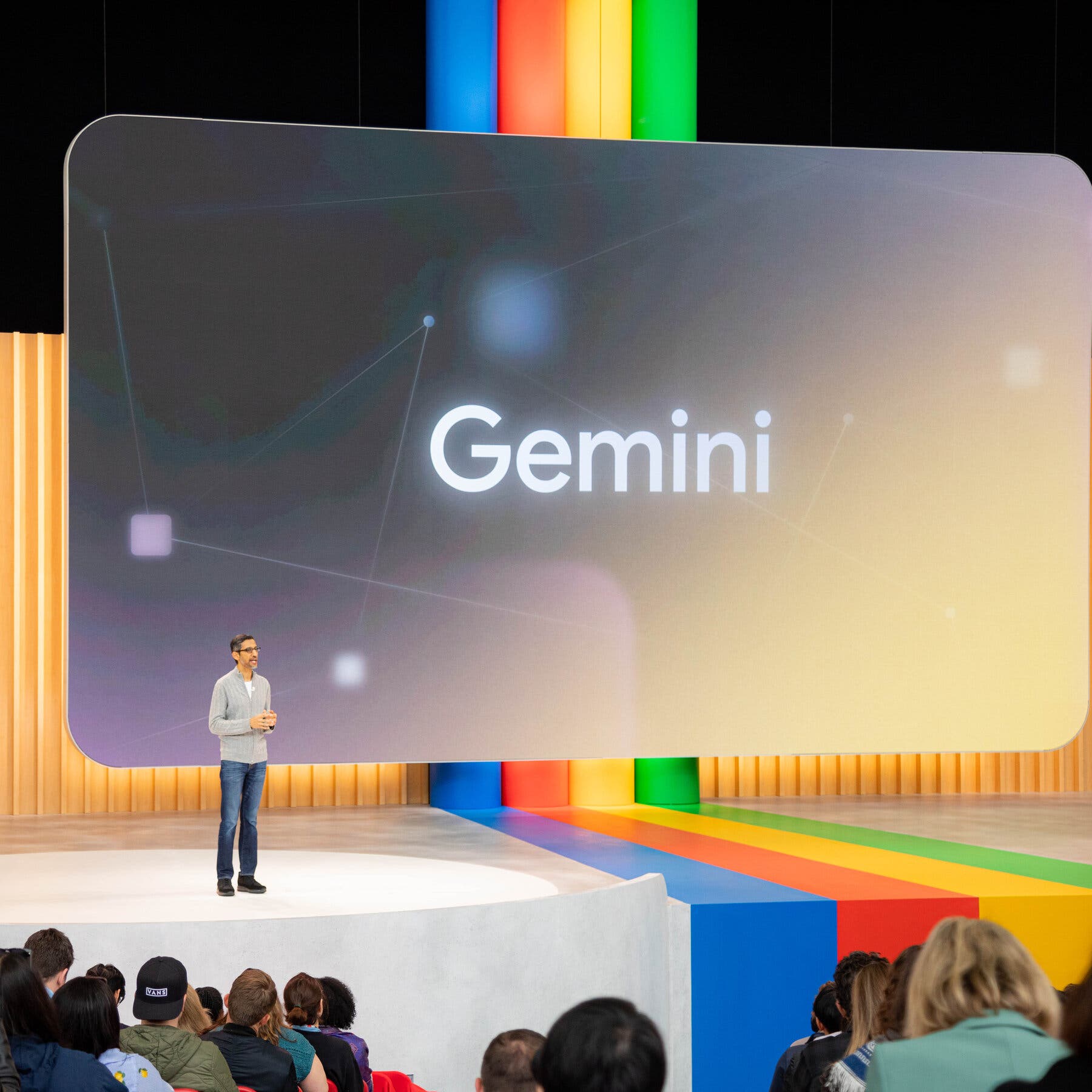Gemini Everywhere: The AI Blueprint That’s Reprogramming Google from Within
The man behind DeepMind’s breakthroughs is now steering Gemini into Google’s core products.

When Google named Koray Kavukcuoglu as its first Chief AI Architect, the move barely registered outside tech circles. But inside the company, the appointment signaled something far bigger: a structural pivot toward threading Gemini—Google’s flagship AI model—into the DNA of nearly every product.
Kavukcuoglu, who came up through DeepMind, isn’t a flashy figure. He doesn’t need to be. His new mandate is expansive: consolidate the work of Gemini’s sprawling engineering teams, reduce fragmentation, and help Google execute on a goal it’s struggled with—turning bleeding-edge research into user-facing utility.
Under his leadership, about 200 AI engineers from across divisions have been regrouped under a centralized Gemini core. The aim isn’t just operational efficiency. It’s coherence. Search, Gmail, Docs, Android, and even Chrome are now all being remade to accommodate Gemini’s generative layer. It’s not a surface-level integration. It’s systemic.
There’s also a monetization angle. Google is experimenting with pricing tiers for Gemini access, carving out options between the free tier and its $20/month Gemini Advanced plan. The company is reportedly eyeing a mid-tier “AI Lite” plan, aiming to make generative tools more accessible while keeping power features behind paywalls.
But the rollout isn’t just about software. Gemini is being optimized to run across everything—from consumer smartphones to on-premise servers using Nvidia’s latest GPUs. That kind of horizontal deployment speaks to a long-term strategy: make Gemini indispensable not just to users, but to enterprise developers and IT teams alike.
For a company sometimes accused of launching before finishing, this shift feels more deliberate. Kavukcuoglu’s playbook favors foundational changes—embedding AI not as a bolt-on feature, but as a core operating layer. The proof is in features like Gemini Live, multimodal camera-based prompting, and AI summaries baked directly into Gmail and Docs.
Gemini isn’t just another assistant. It’s increasingly the framework around which Google is rebuilding itself. From the Pixel hardware team to Workspace integrations, the entire organization is adjusting to an AI-first cadence.
If there’s a risk, it’s scale. Pushing a large language model across billions of users and multiple devices comes with engineering and ethical complications. Personalization edges toward surveillance if not carefully governed. Bias and hallucinations still haunt generative AI.
Still, Google seems willing to take those risks—perhaps because the alternative is irrelevance. OpenAI, Meta, and Anthropic are moving fast. Apple is integrating ChatGPT into iPhones. Gemini, once a research project, now has to compete in the real world.
That’s Kavukcuoglu’s job. Not to dream up the future of AI—but to operationalize it.
Follow us on WhatsApp, Telegram, Twitter, and Facebook, or subscribe to our weekly newsletter to ensure you don’t miss out on any future updates. Send tips to editorial@techtrendsmedia.co.ke


